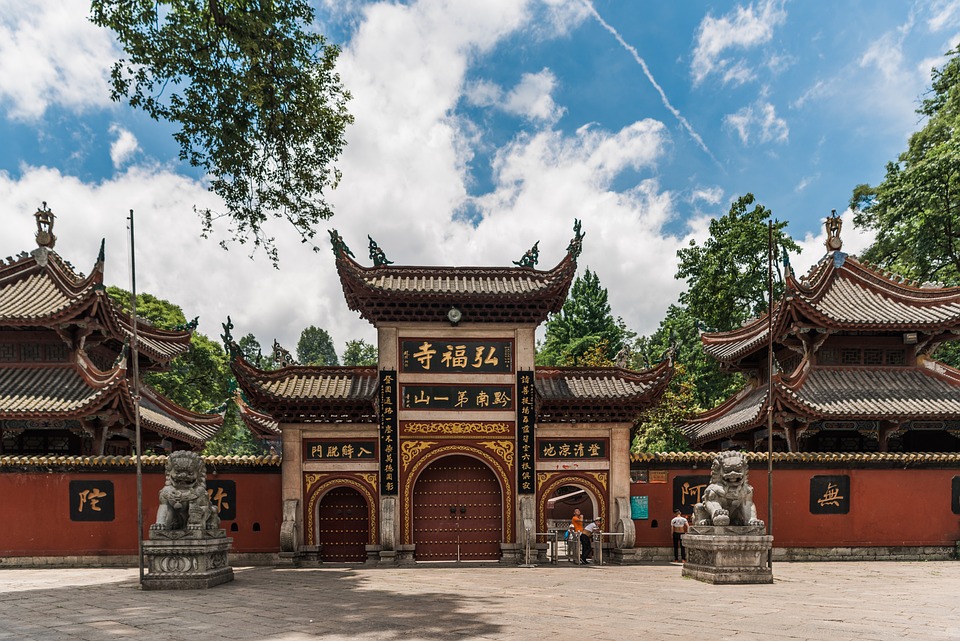Globalization has undoubtedly revolutionized the way we live, work, and interact with one another in the modern world. However, as we revel in the benefits of increased connectivity and economic growth, it is crucial to understand the impact of globalization on traditional cultures around the world.
Traditional cultures are deeply entrenched in customs, beliefs, and practices that have been passed down through generations, shaping the identities and social structures of communities. Globalization, characterized by the free flow of capital, goods, services, information, and people across borders, has brought about significant changes to these cultures, both positive and negative.
One of the most evident impacts of globalization on traditional cultures is the homogenization of values and practices. With the influx of Western ideas and cultural norms through mass media, technology, and multinational corporations, traditional customs and traditions are often at risk of being overshadowed or even replaced by Western ideals. This can lead to the erosion of local languages, traditional dress, cuisine, and art forms, as well as the weakening of community bonds and social cohesion.
Furthermore, the commodification of traditional cultures as tourist attractions or marketing tools can also lead to the dilution and distortion of authentic cultural practices. In an effort to cater to the demands of the global market, communities may adapt or simplify their customs, ultimately compromising the integrity and uniqueness of their heritage.
On the other hand, globalization can also be a force for revitalizing and preserving traditional cultures. Increased exposure to diverse perspectives and ideas from around the world can inspire communities to reclaim and celebrate their cultural heritage. Global networks and collaborations can facilitate the exchange of knowledge, skills, and resources, empowering communities to safeguard their traditions and pass them on to future generations.
Moreover, globalization has created new opportunities for traditional cultures to thrive in the global marketplace. Artisans, musicians, and performers can now reach a wider audience through digital platforms and international events, generating income and recognition for their craft. Indigenous knowledge and practices are increasingly valued for their environmental sustainability and holistic approach to health and wellness, attracting interest from global consumers and policy-makers.
Ultimately, the impact of globalization on traditional cultures is complex and multifaceted, with both challenges and opportunities. As we navigate this globalized world, it is essential to approach cultural exchange with respect, empathy, and a willingness to listen and learn from diverse voices. By understanding and appreciating the richness and diversity of traditional cultures, we can ensure that globalization does not lead to the extinction of centuries-old traditions, but rather fosters a global community that embraces and values cultural diversity.




